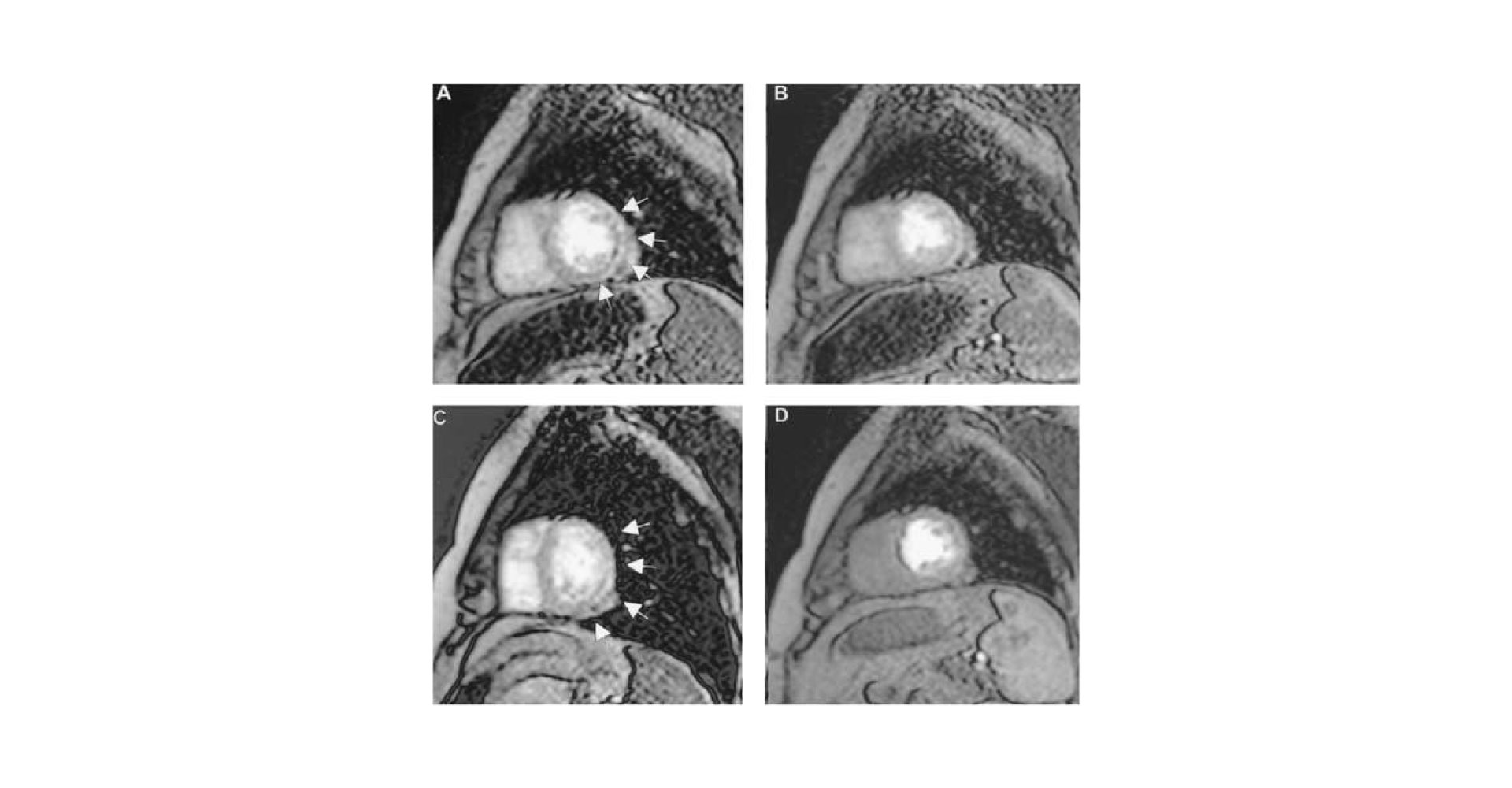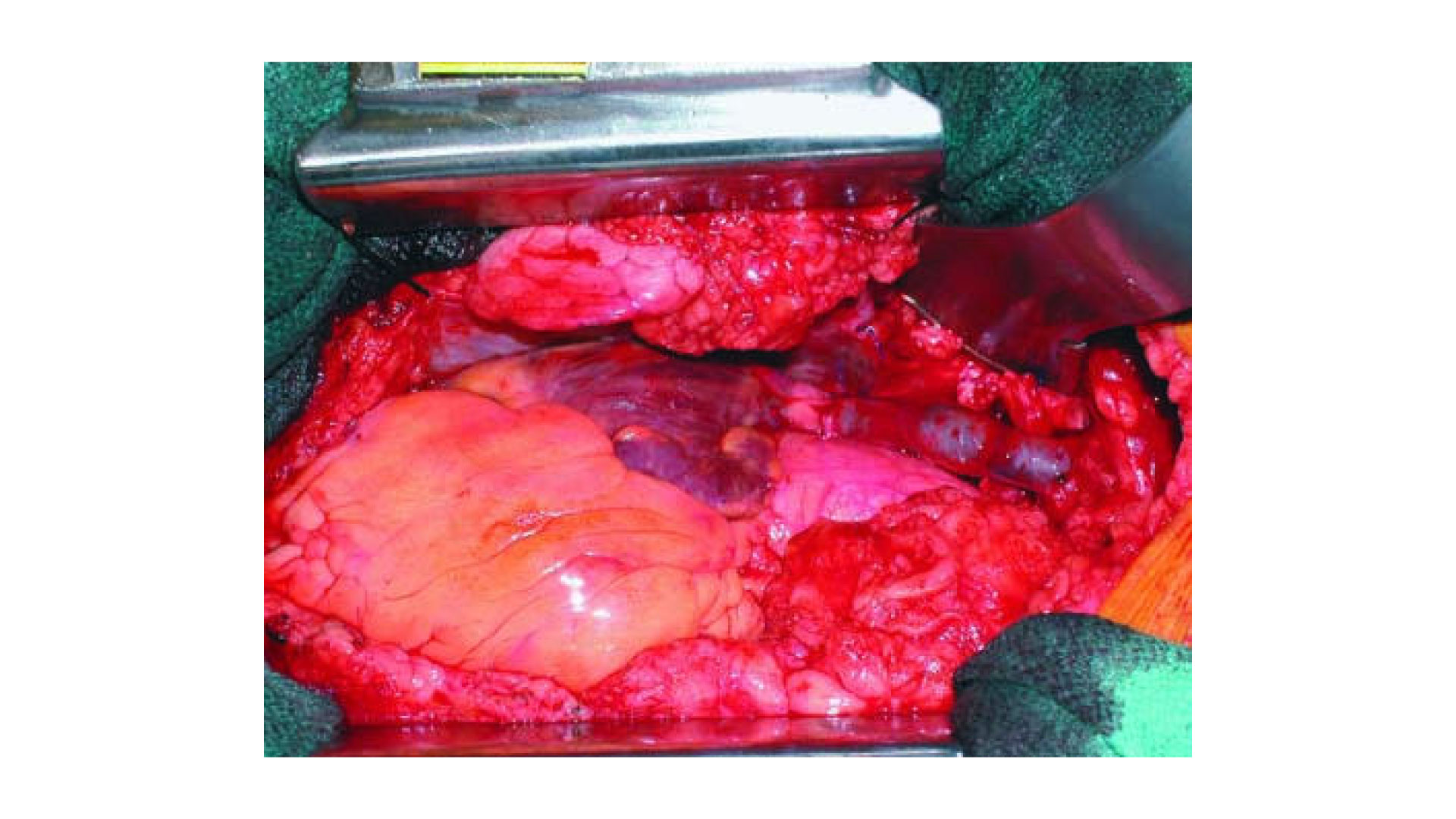Background: Several studies have shown that percutaneous dilational tracheostomy (PDT) is safe and cost-effective for patients recovering from surgery that requires a median sternotomy. We report our experience with PDT in patients receiving mechanical cardiac assistance.
Methods: We reviewed the medical records of all patients who underwent ventricular assist device implantation at our institution between July 2000 and July 2003, and who subsequently required long-term ventilatory support during the same hospital admission. Data obtained from the records included demographic and biometric information, primary diagnosis, early (< or =30days) and late (>30days) complications, date and cause of death, type of anti-coagulation used at the time of tracheostomy, and various coagulation measures.
Results: Thirty-one consecutive patients (29 men, 2 women; mean age, 56 years) had PDT after ventricular assist device implantation. Four minor complications occurred among 3 of the patients (10%), including 3 early complications (2 peristomal oozing and 1 peristomal cellulitis) and 1 late complication (recurrent peristomal cellulitis), none of which affected long-term outcome. No major adverse events, long-term complications, or deaths resulted from the PDT procedure.
Conclusions: PDT is feasible for patients with mechanical support devices who require long-term ventilatory support. Although some of these patients are coagulopathic, our results indicate that PDT is safe and effective in this challenging patient population.
To read this article in full you will need to make a payment
Purchase one-time access:
Academic & Personal: 24 hour online accessCorporate R&D Professionals: 24 hour online access
Percutaneous tracheostomy is a minimally invasive surgical procedure used to create an opening in the trachea (windpipe) to insert a tracheostomy tube, allowing for a secure airway. This procedure is typically performed in patients who require long-term mechanical ventilation or those with respiratory conditions that hinder their ability to breathe naturally. It is an alternative to the traditional open tracheostomy, offering numerous advantages such as reduced surgical time, quicker recovery, and fewer complications.
In percutaneous tracheostomy, the procedure is performed by inserting a needle through the neck into the trachea, guided by imaging techniques such as ultrasound or bronchoscopy. A catheter is then used to enlarge the opening, followed by the insertion of the tracheostomy tube. This technique is less invasive compared to open surgery, as it does not require a large incision or significant dissection of tissues, which helps minimize trauma to surrounding structures.
One of the primary benefits of percutaneous tracheostomy is its shorter recovery time. Because it is less invasive, patients often experience less pain and are able to recover more quickly than those who undergo traditional tracheostomy procedures. Additionally, the risk of infection and other complications is lower, making it a safer option for many patients, especially those who are critically ill or those in intensive care units (ICUs).
Moreover, percutaneous tracheostomy offers a more straightforward approach for healthcare providers, as it is typically performed at the patient’s bedside, reducing the need for extensive operating room resources. The procedure also allows for quicker weaning off ventilation support and can significantly improve a patient’s comfort and ability to breathe more effectively. This makes it an important option for patients in need of long-term respiratory support.




